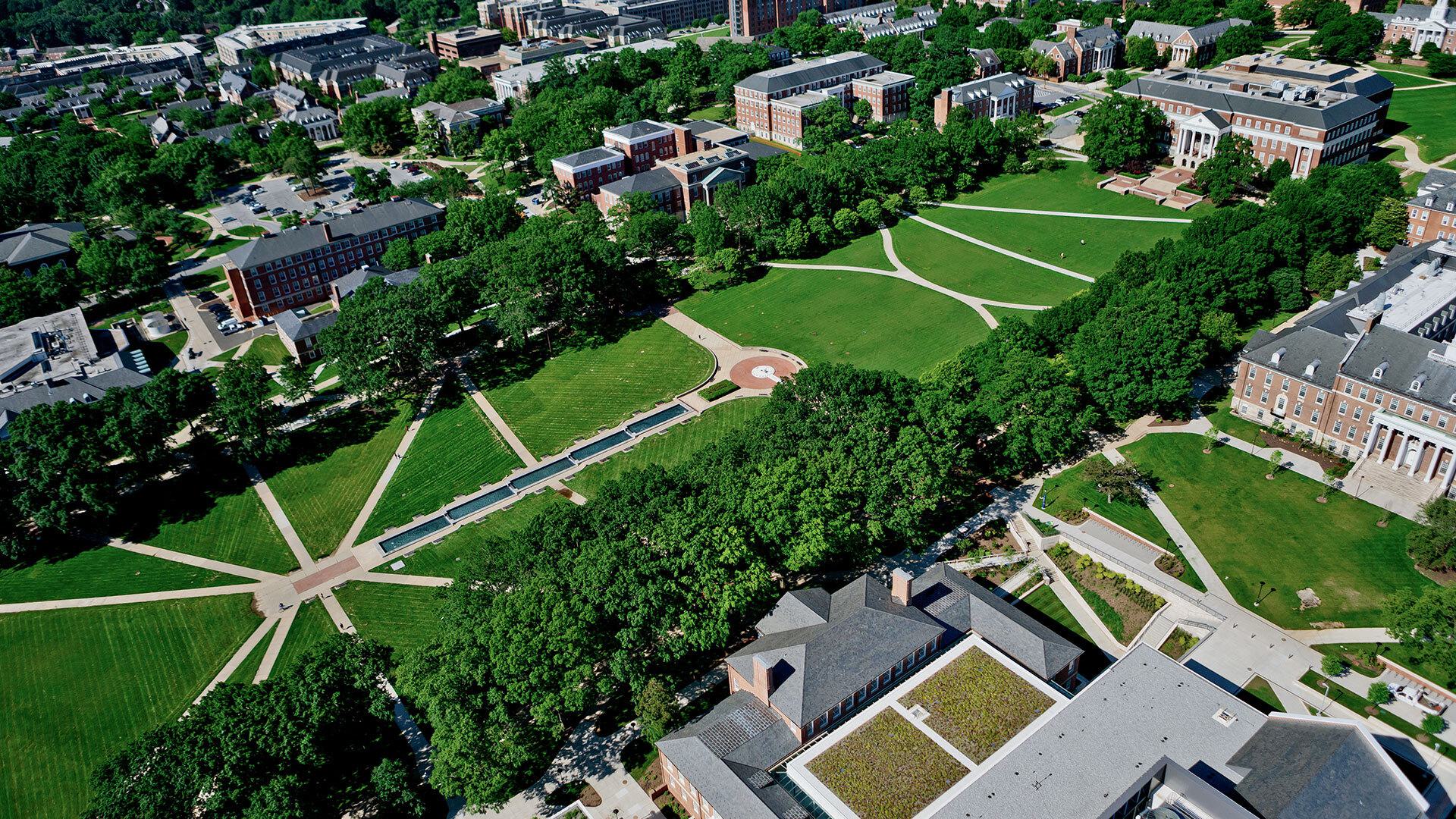COLLEGE PARK, Md. - As part of a groundbreaking new partnership with the nonprofit International Rescue Committee (IRC), the University of Maryland will be aiding in the temporary housing of refugee and evacuee families from Afghanistan.
The approach to resettlement is first-of-its-kind for a public university. The families to be hosted at UMD include Afghan humanitarian parolees, evacuated through Operation Allies Welcome, as well as Special Immigrant Visa holders - all of whom faced the risk of persecution and violence in Afghanistan due to their work alongside U.S. personnel in jobs such as translators, drivers and cultural advisers. While other universities have partnered with the IRC and other agencies to place refugee students on their campuses, this is IRC’s first placement of Afghan families on a college campus.
“The University of Maryland is part of a global community, and when we have the opportunity to support humanity, we embrace it,” said University of Maryland President Darryll J. Pines. “We look forward to providing on-campus housing and being good neighbors to Afghan families. They are U.S. allies who have braved a terrifying situation, and we are happy that we can offer them a welcoming community as they seek permanent housing.”
While higher education institutions have previously used nearby school-owned homes for refugees through programs such as Every Campus a Refuge, this is the first time a public university has used its own campus facilities for such a purpose.
“Public education is really about public good,” said Patty Perillo, UMD’s vice president for student affairs. “We are creating the model here at Maryland. We are developing the structure and systems for others to carry forward, helping many more refugees in need.”
The International Rescue Committee responds to the world's worst humanitarian crises, including the conflict in Ukraine and the crisis in Afghanistan. They help people survive, recover and rebuild their lives.
“Innovative community partnerships are key to ensuring that refugees settle in safely, securely, and with hope for the future. We are grateful for University of Maryland’s welcome of Afghan evacuees, which is reflective of our state’s broader welcoming spirit,” said Ruben Chandrasekar, Executive Director of the IRC in Maryland.
Over the next few weeks, several families made up of two adults and children ranging from infants to teenagers will begin their stays for up to 12 months. IRC will assist them in securing permanent housing, employment, counseling, education and social services to support their transition to the United States. The families underwent extensive U.S. government processing that included background checks and medical screenings.
###
About the IRC
The International Rescue Committee responds to the world’s worst humanitarian crises, helping to restore health, safety, education, economic wellbeing, and power to people devastated by conflict and disaster. Founded in 1933 at the call of Albert Einstein, the IRC is at work in over 40 countries and over 20 U.S. cities helping people to survive, reclaim control of their future, and strengthen their communities. Learn more at www.rescue.org and follow the IRC on Twitter & Facebook.

